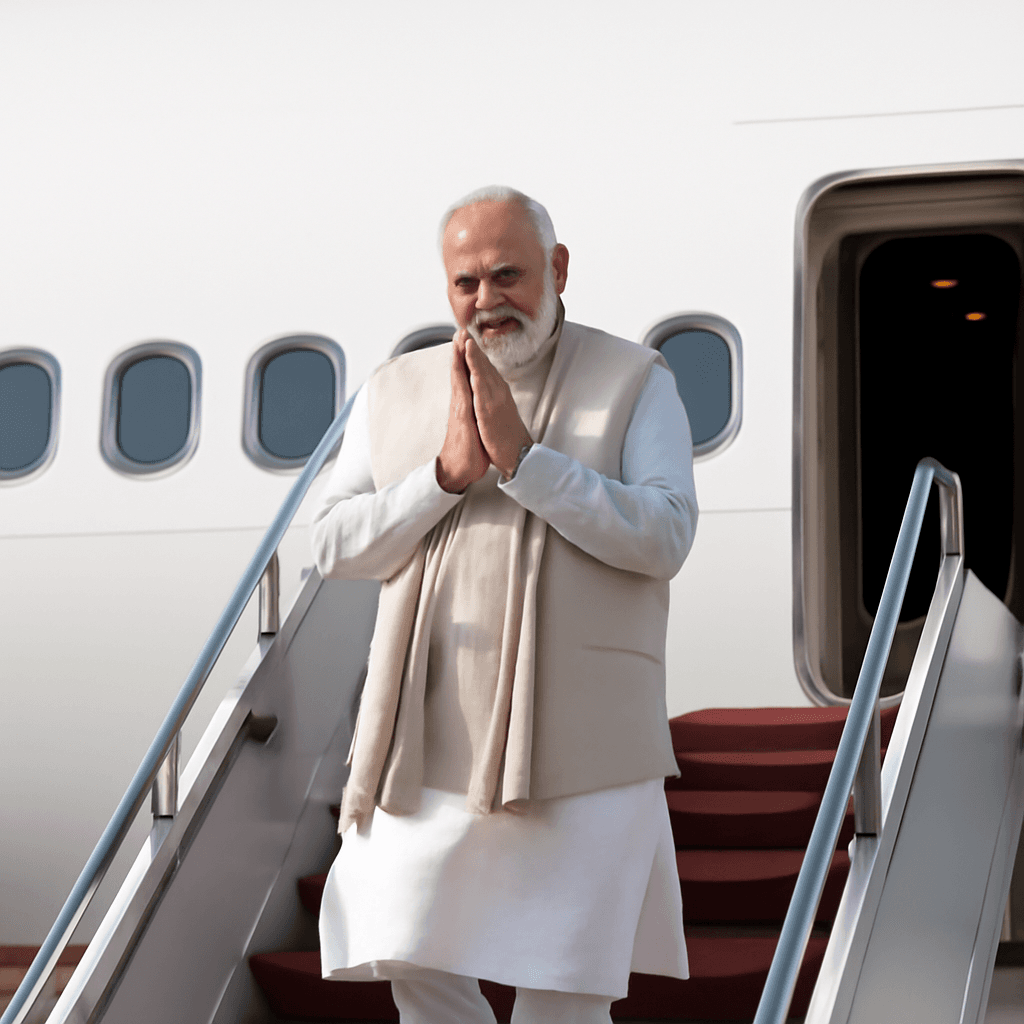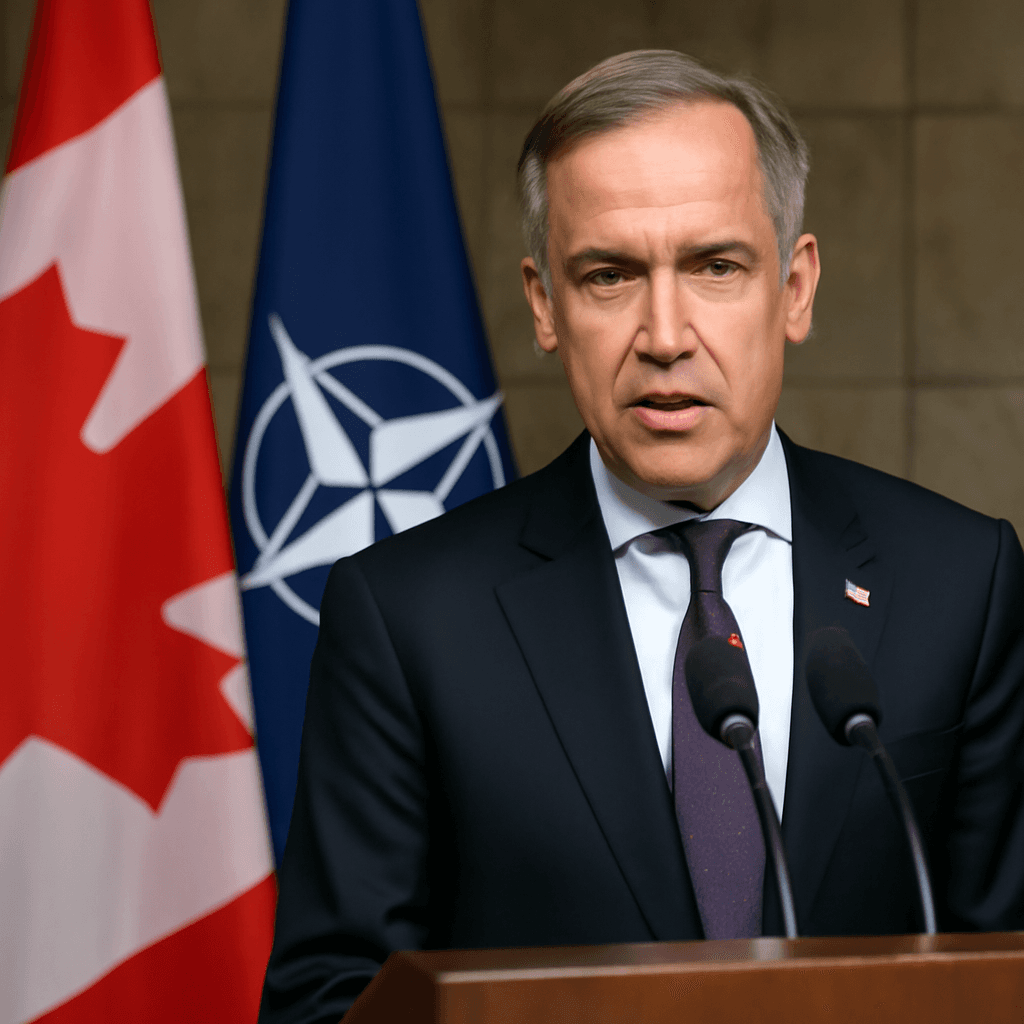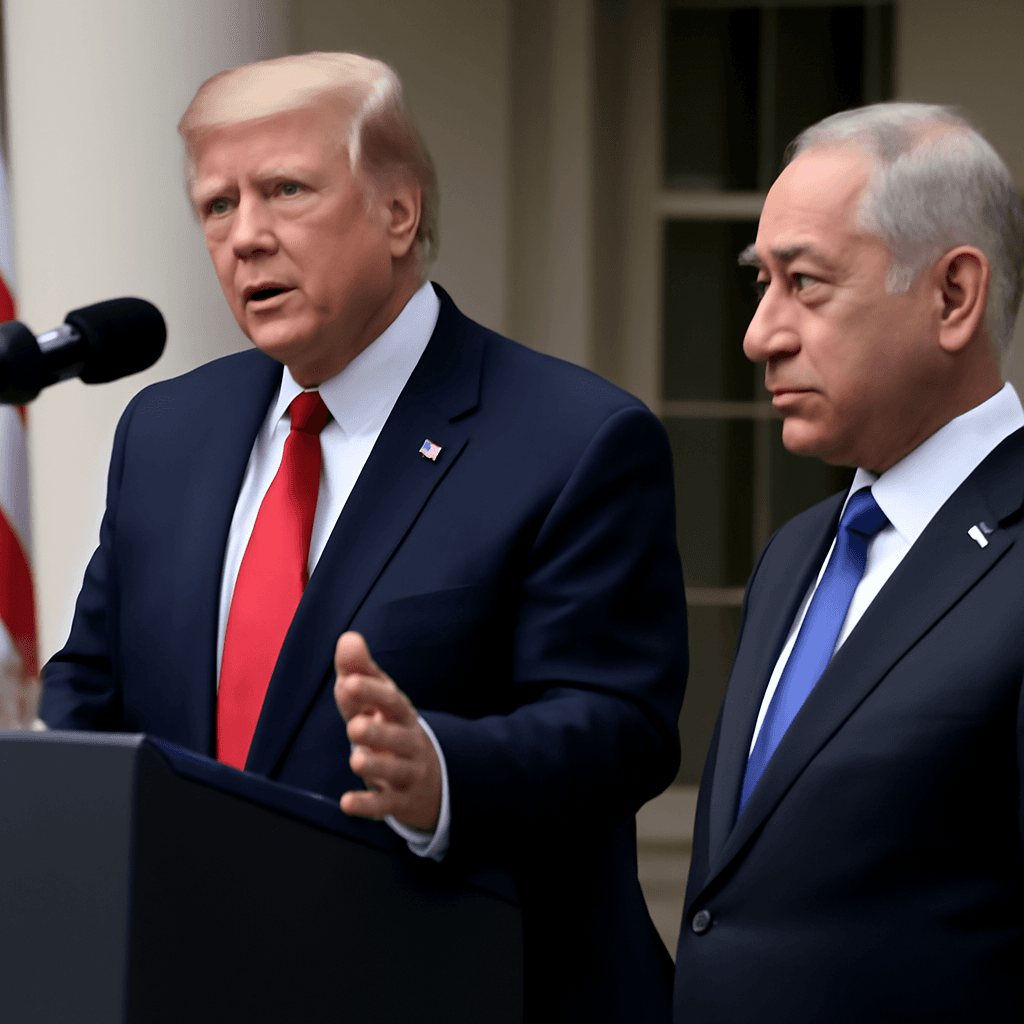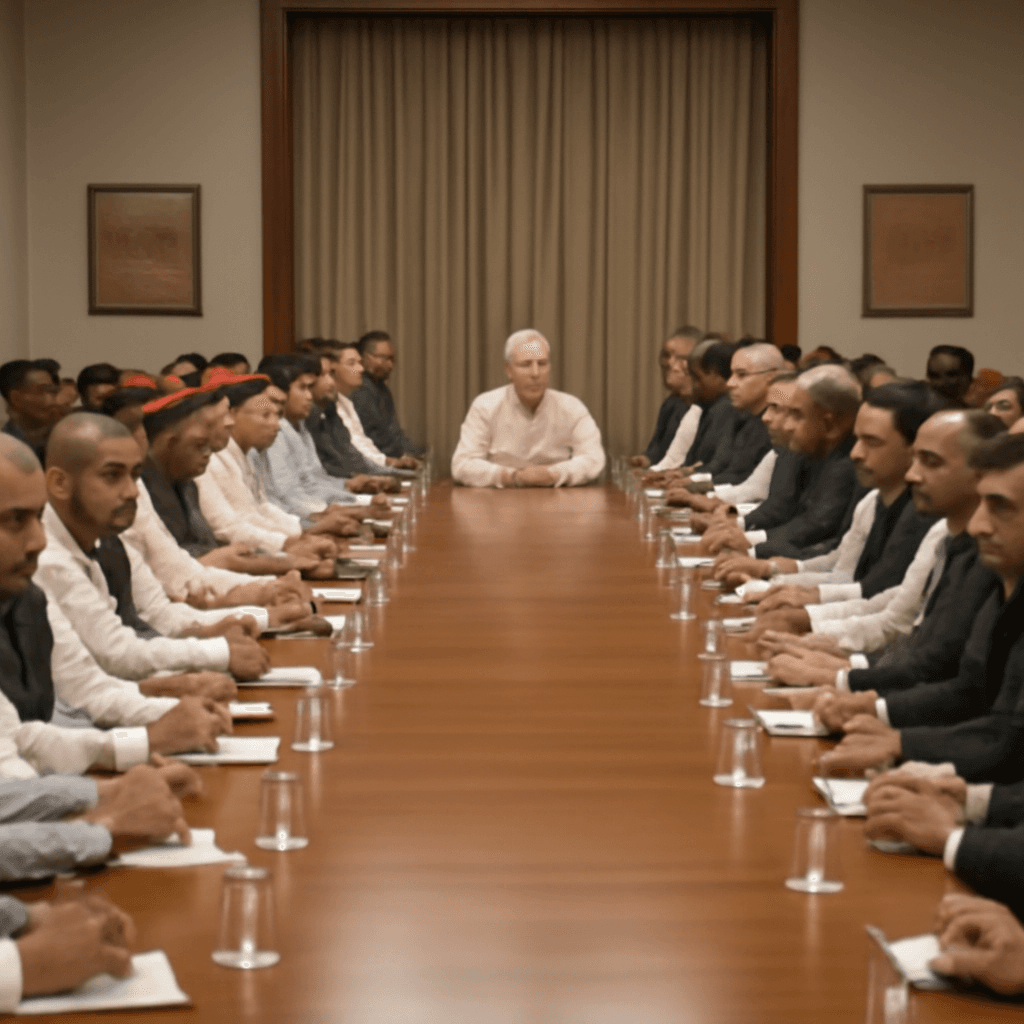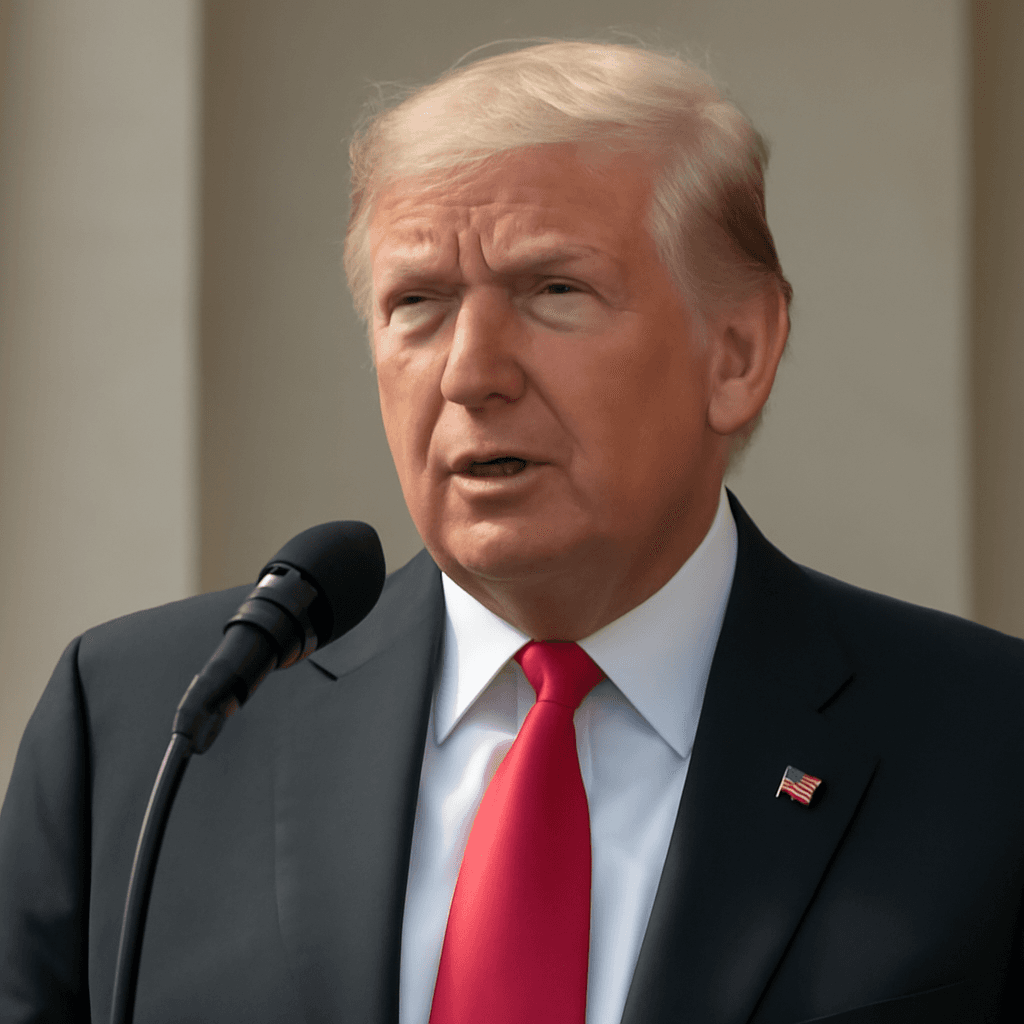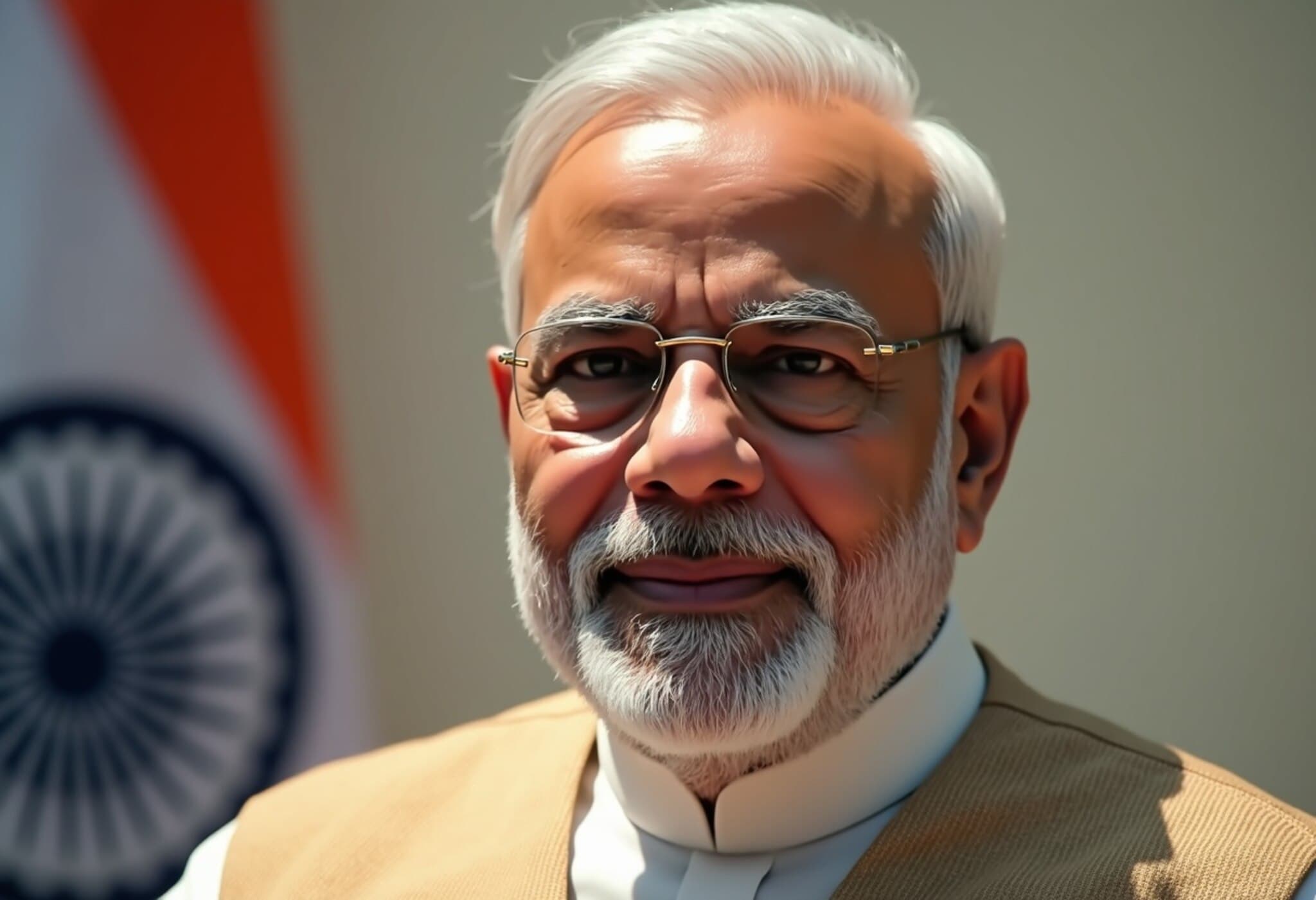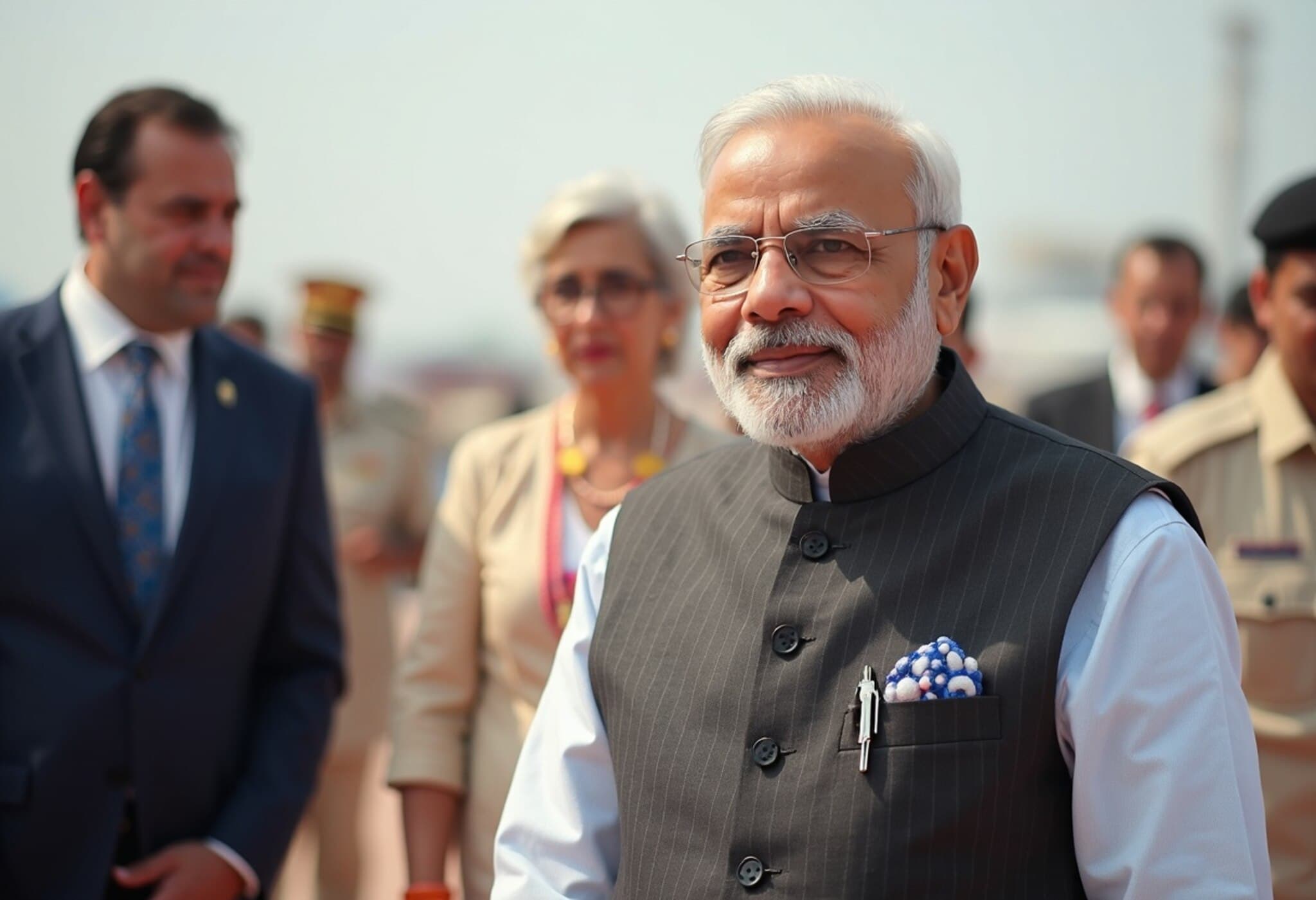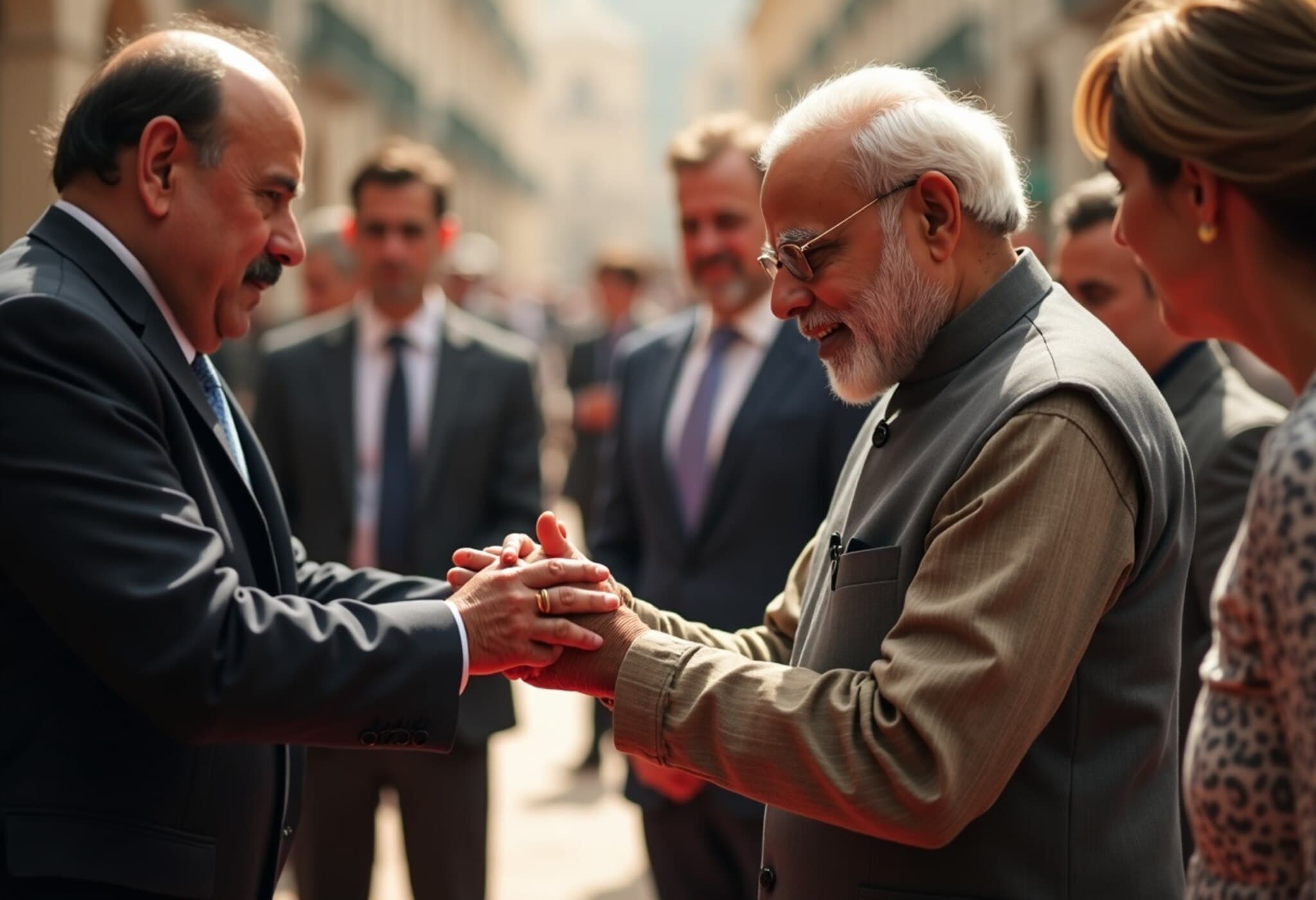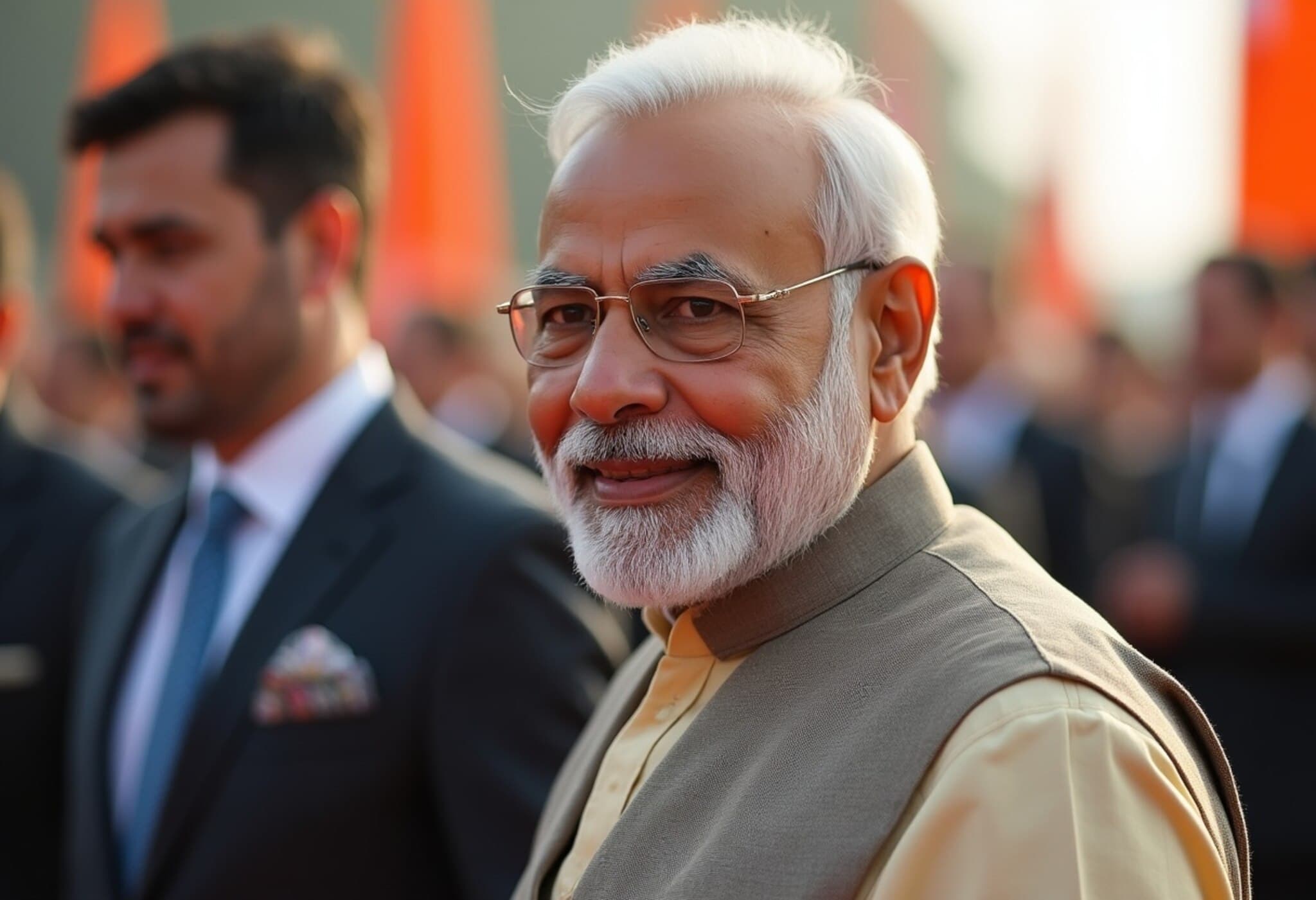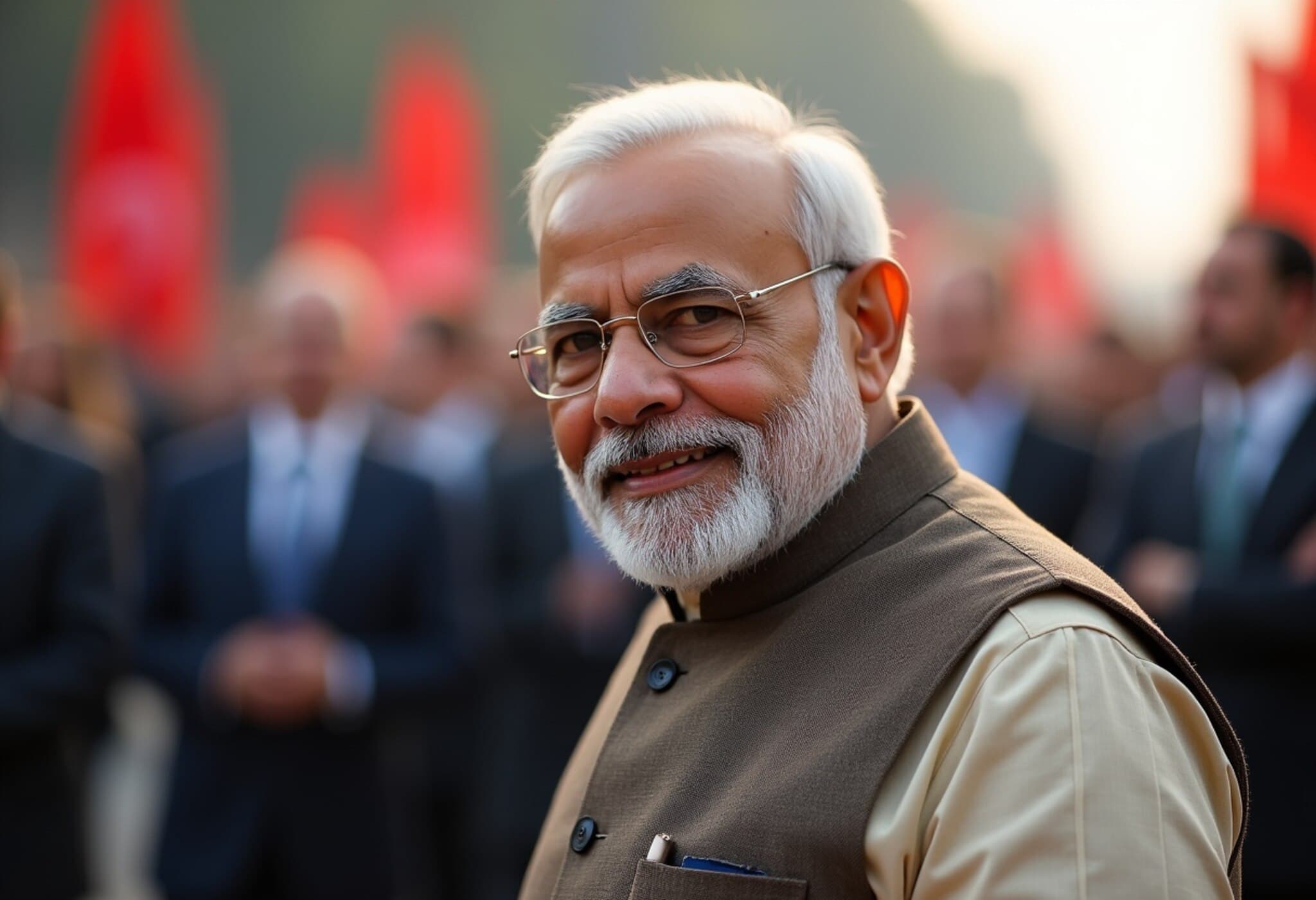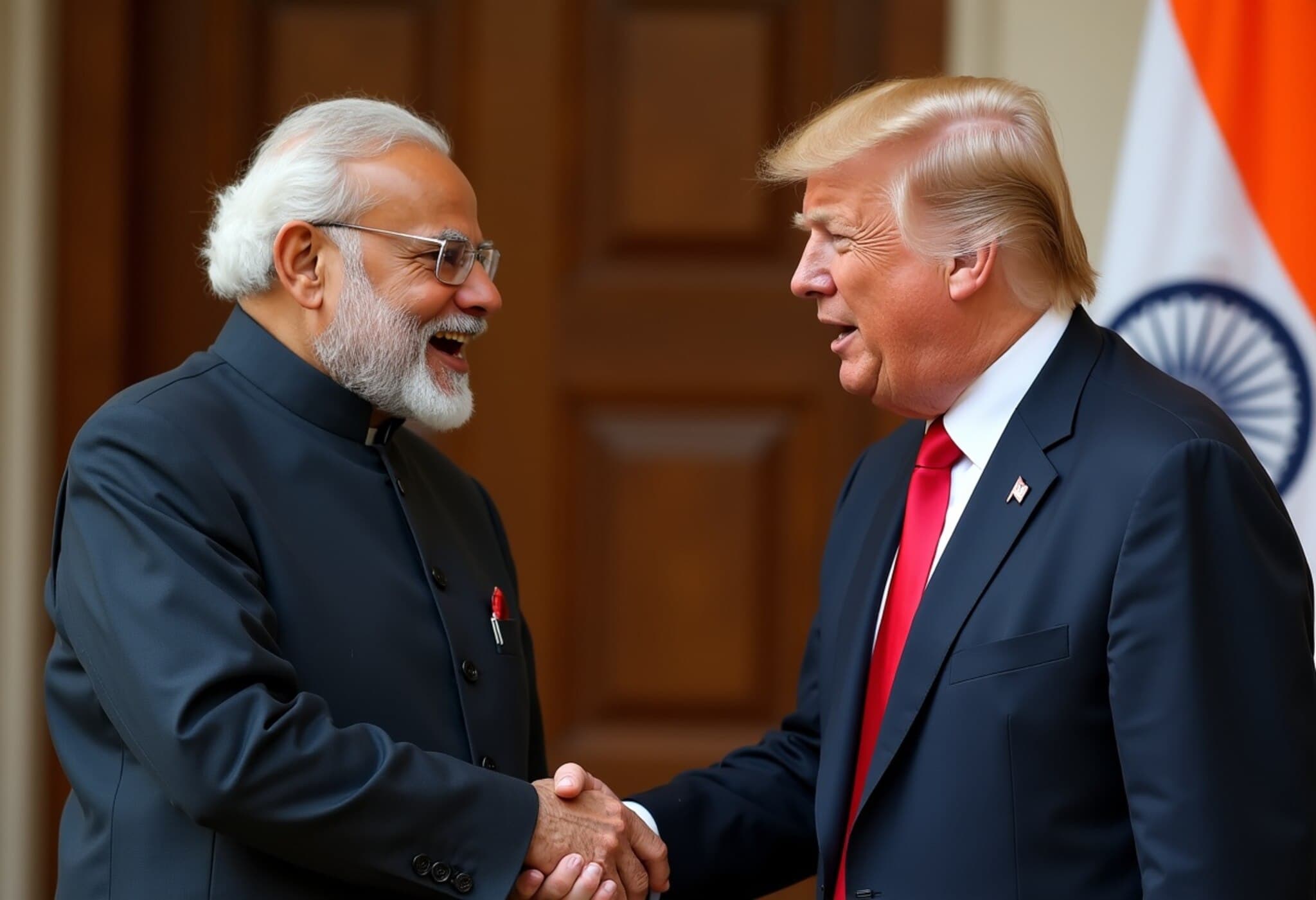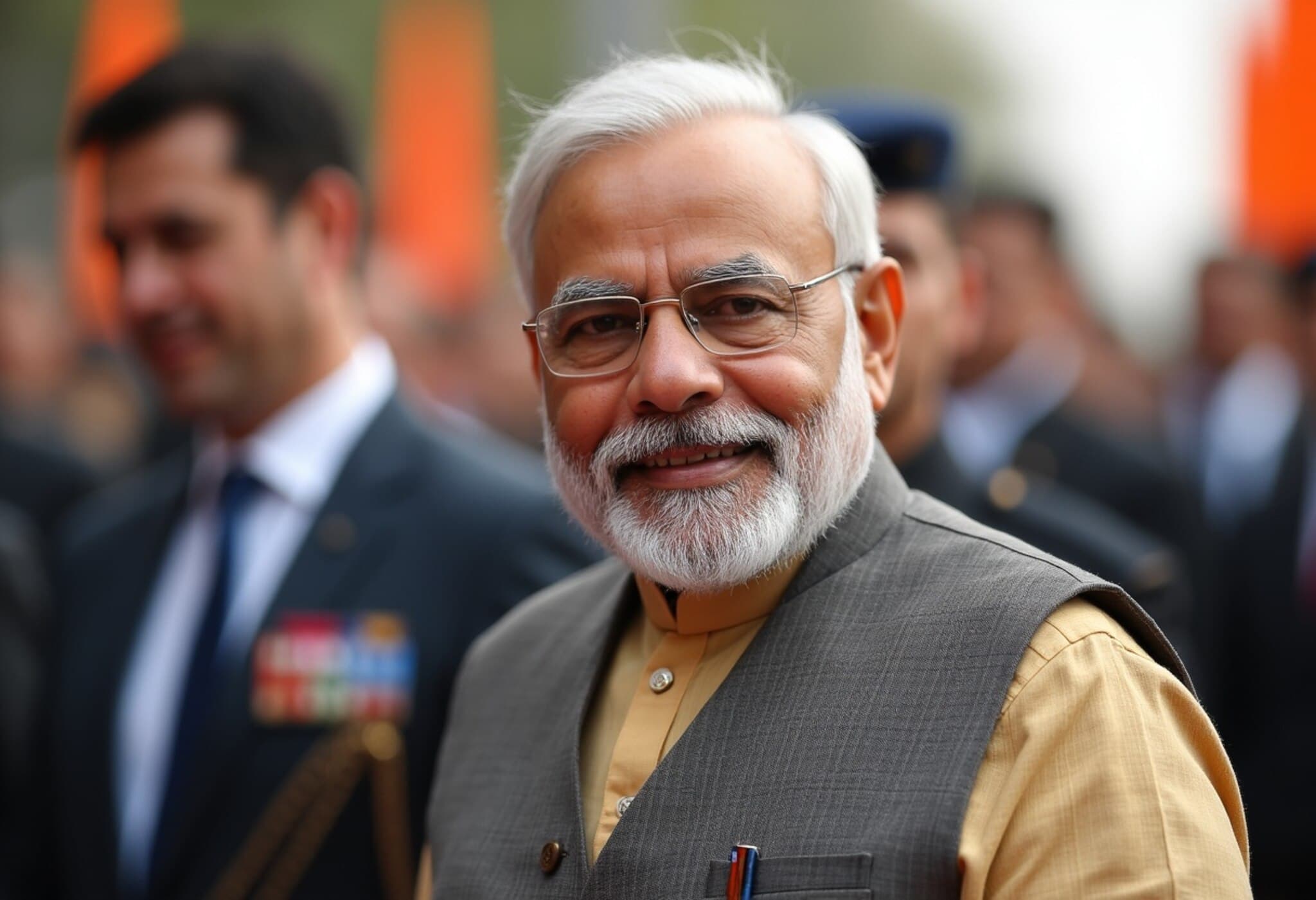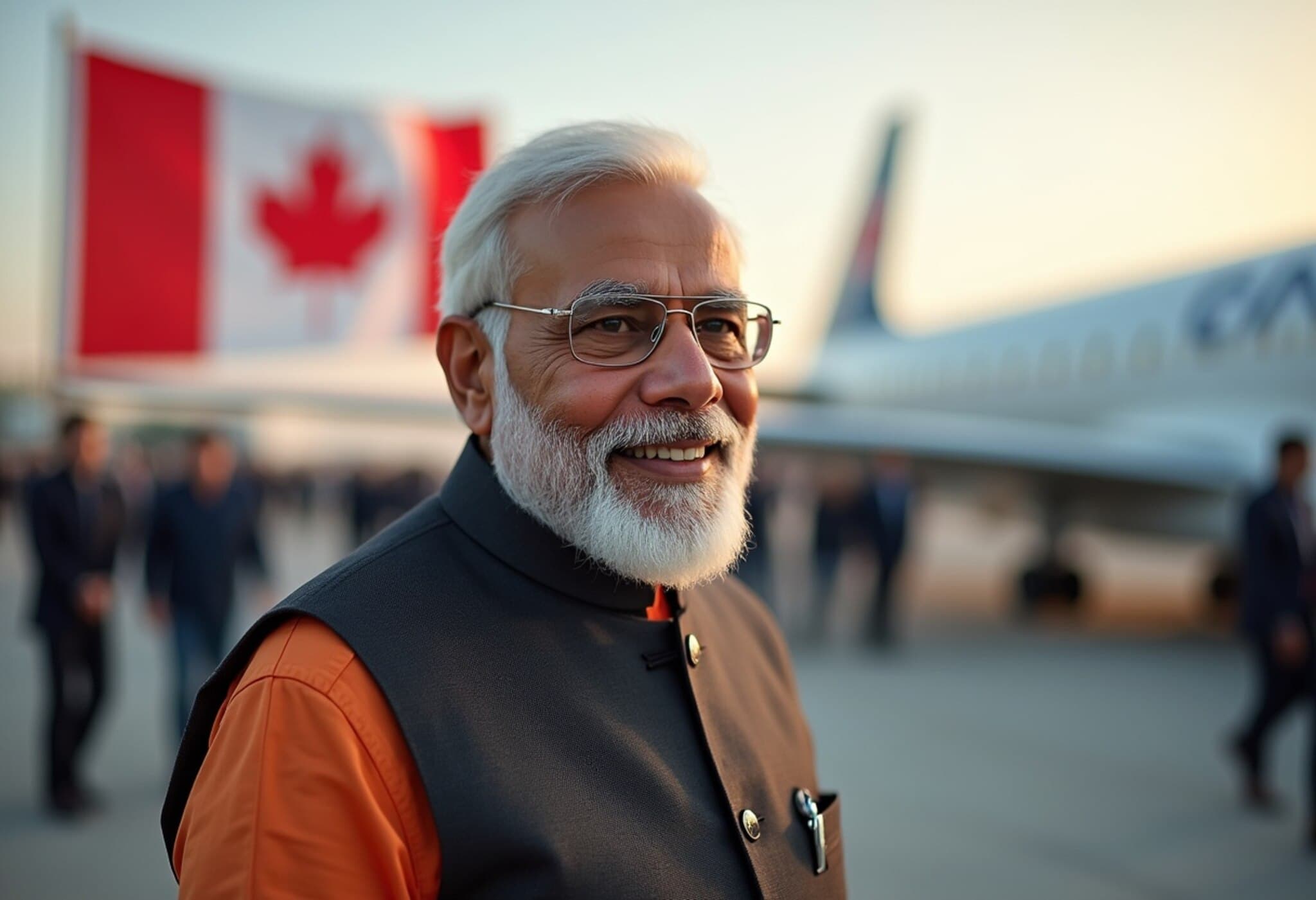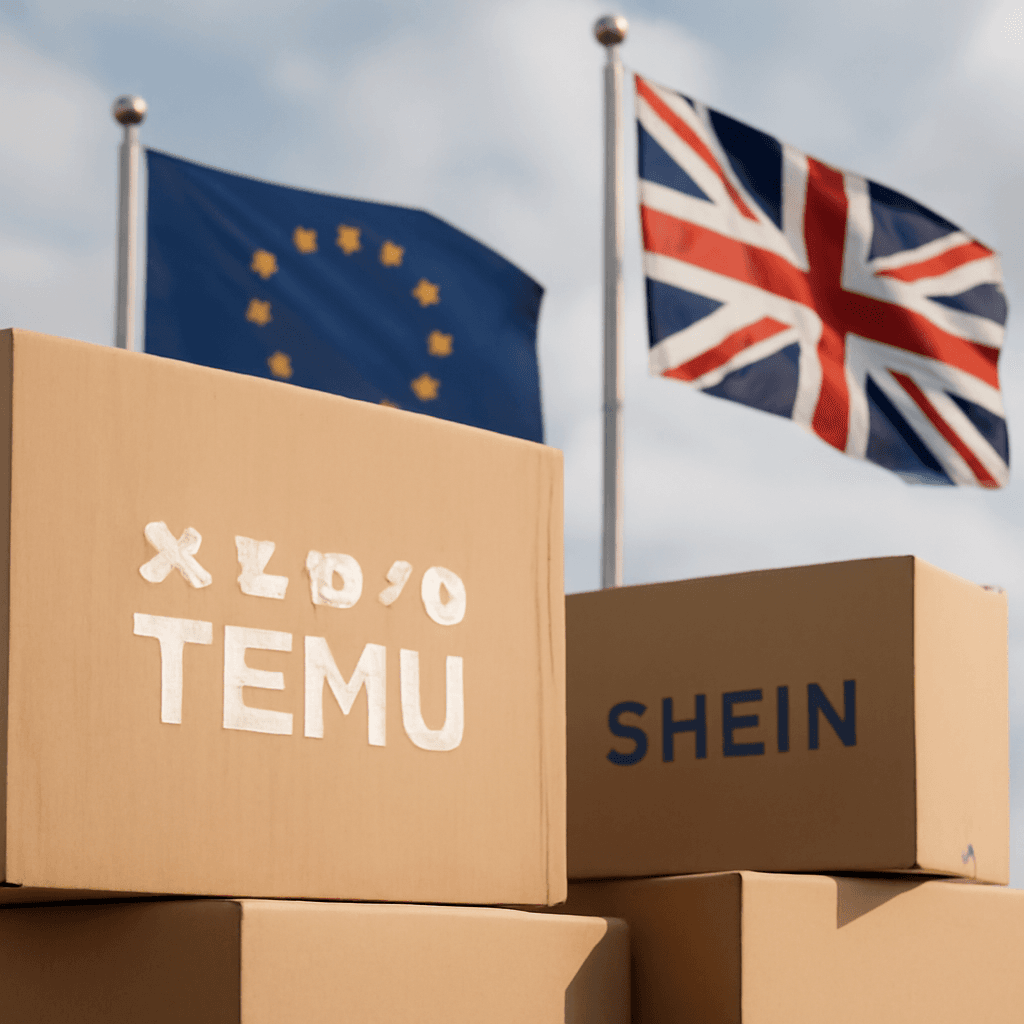PM Modi's Strategic Visit to Cyprus and Croatia Ahead of G7 Summit
Prime Minister Narendra Modi is set to visit Cyprus on his way to attend the G7 Summit in Canada, followed by a trip to Croatia on his return. This tour underlines India’s expanding diplomatic outreach within Europe and occurs against a backdrop of shifting geopolitical alliances in the region.
Visit Highlights Tensions with Turkey Amid Ankara-Islamabad Closeness
Modi’s stop in Cyprus is particularly significant as the island nation experiences enduring tensions with Turkey dating back to 1974. The trip coincides with growing solidarity between Turkey and Pakistan, following India’s recent Operation Sindoor, which targeted terror bases in Pakistan and Pakistan-occupied Kashmir. This operation was launched in response to the devastating terror attack in Pahalgam, further straining India's relations with Ankara.
Strategic European Partnerships
Both Cyprus and Croatia are members of the European Union, with Cyprus preparing to take the helm as the EU Council President in the first half of next year. Modi's visit to Croatia was initially scheduled alongside trips to the Netherlands and Norway last month but was postponed due to rising military tensions with Pakistan, highlighting India’s cautious yet determined approach to deepening ties with Europe.
Engagement at the G7 Summit in Canada
The G7 Summit will convene in Kananaskis, Alberta, from June 15 to 17. Modi is slated to participate in the summit’s outreach session on the final day. Given the short notice of his invitation, details of his schedule are still being finalized, with efforts underway to arrange important bilateral meetings on the sidelines of the summit.
A Rare and Symbolic Visit to Cyprus
Modi’s visit marks only the third time an Indian Prime Minister has traveled to Cyprus, following in the footsteps of Indira Gandhi in 1983 and Atal Bihari Vajpayee in 2002. The visit is expected to send a strong diplomatic message amid current regional frictions, especially considering Turkey's open support for Pakistan during last month’s India-Pakistan military tensions.
Understanding the Cyprus-Turkey Conflict
The Cyprus-Turkey dispute is a long-standing territorial and ethnic conflict that intensified in 1974 when Turkey invaded northern Cyprus in response to a coup aimed at uniting the island with Greece. Turkey justified this move as protective of the Turkish Cypriot minority, but it resulted in the island’s division.
Today, the internationally recognized Republic of Cyprus, predominantly Greek Cypriot, controls the southern two-thirds and is an EU member. The northern third is governed by the self-declared Turkish Republic of Northern Cyprus (TRNC), recognized solely by Turkey. A UN-monitored buffer zone separates the two entities, maintaining a fragile peace.
Looking Ahead
PM Modi's upcoming visit to Cyprus and Croatia underscores India’s intent to strengthen its presence within Europe and counterbalance evolving alliances in the region. With geopolitical dynamics shifting rapidly, the outcomes of these visits and the G7 Summit participation will be closely observed on the international stage.

